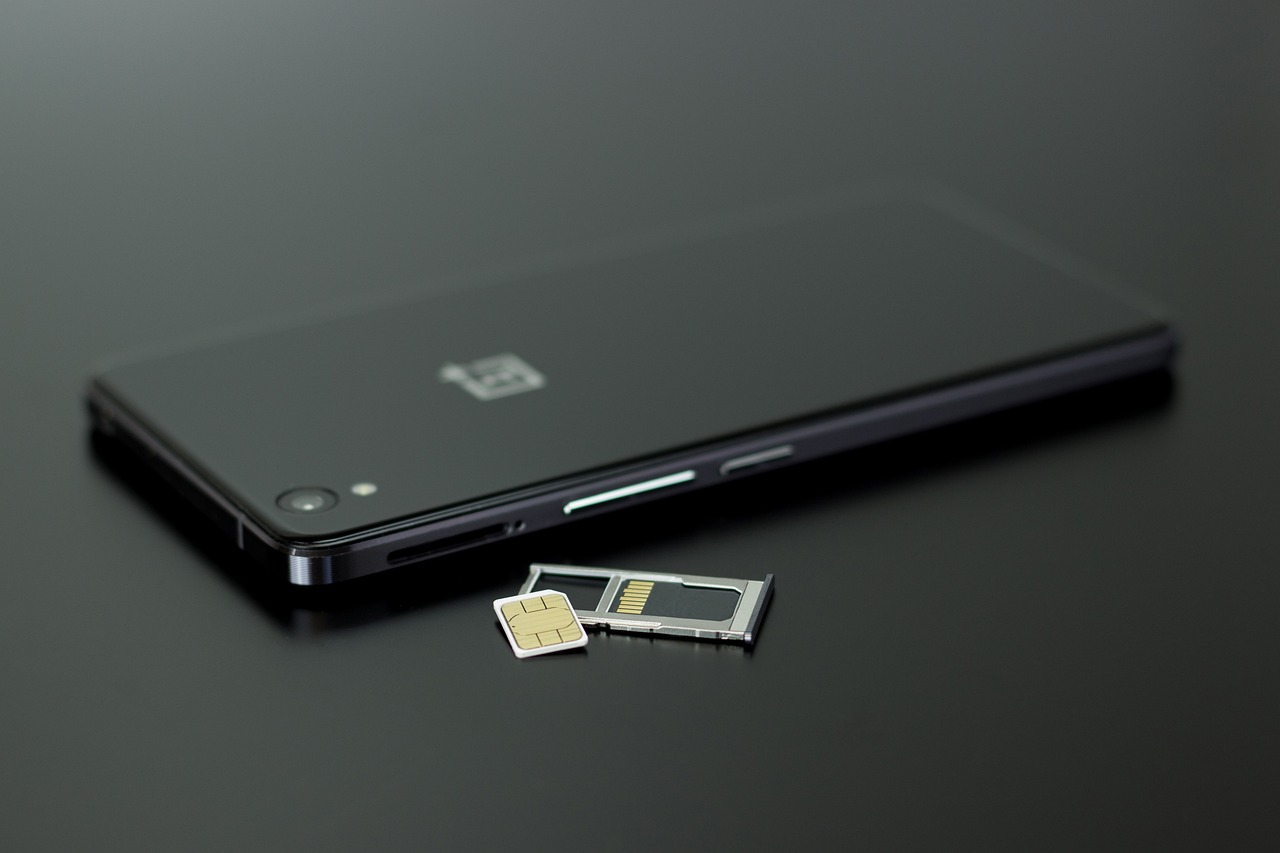Blockchain and Digital Credentials: Secure Academic Certifications
Verifiable academic credentials play a crucial role in ensuring the authenticity and reliability of an individual’s educational background. With increasing cases of credential fraud and misrepresentation, having verifiable academic credentials is essential for fostering trust among employers, educational institutions, and other organizations. It provides a transparent and secure way to confirm the qualifications and achievements of an individual, safeguarding against false claims and deceit.
In today’s competitive job market, possessing verifiable academic credentials can give individuals a competitive edge by demonstrating their commitment to education and professionalism. Employers rely on these credentials to make informed hiring decisions and assess the qualifications of potential candidates accurately. By having verifiable academic credentials, individuals can showcase their competence and expertise, opening up opportunities for career advancement and personal growth.
Enhancing Security in Academic Certifications
The rise of digital technology has brought about a revolution in the way academic credentials are verified. With the increasing prevalence of online certifications and distance learning programs, the need for enhanced security in academic certifications has become more critical than ever. Institutions and organizations must adapt to these changes by implementing robust verification processes that can withstand the scrutiny of potential fraudsters.
By leveraging blockchain technology, academic institutions can establish a secure and tamper-proof database for storing academic credentials. Blockchain provides a decentralized and transparent platform that ensures the integrity and authenticity of certifications. This not only reduces the risk of fraudulent activities but also streamlines the verification process for employers and other interested parties. With the implementation of such innovative solutions, the security of academic certifications can be greatly enhanced, paving the way for a more trustworthy and reliable credentialing system.
Why is it important to have verifiable academic credentials?
Verifiable academic credentials help to ensure the authenticity and integrity of academic qualifications, making it easier for employers and institutions to trust the qualifications of individuals.
What are some ways to enhance security in academic certifications?
Some ways to enhance security in academic certifications include implementing secure digital credentials, using blockchain technology for verification, and ensuring strict verification processes are in place.
How can individuals protect their academic credentials from being falsified?
Individuals can protect their academic credentials from being falsified by securely storing physical copies of their certificates, using secure digital platforms for verification, and regularly monitoring the status of their credentials.
What are the potential risks of not having secure academic certifications?
The potential risks of not having secure academic certifications include fraudulent qualifications being accepted by employers or institutions, reputational damage for individuals or institutions, and a lack of trust in the validity of academic qualifications.





